In our current moment of political turmoil, words hold immense power. As we live through a time when words themselves are often being twisted and corrupted, we must look to voices that reclaim language as a tool of change. What follows is a reading list for our present moment: one that informs, transports us around the world, and prioritizes issues meriting our attention and thoughtful consideration.
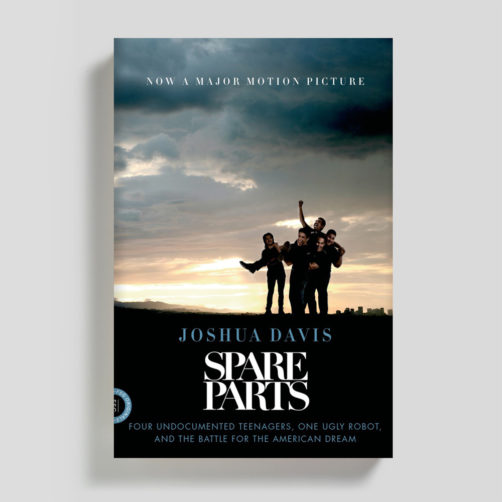
Spare Parts by Joshua Davis
Now a major motion picture, Spare Parts follows the lives of four undocumented students who were born in Mexico but raised in Phoenix, Arizona. In 2004, after encouragement from two science teachers, they made their way to a robotics competition where they went up against some of the best collegiate engineers in the country. Their story became a key inspiration to the DREAMers movement while their lives after the competition would include college graduation, deportation, and service in Afghanistan.
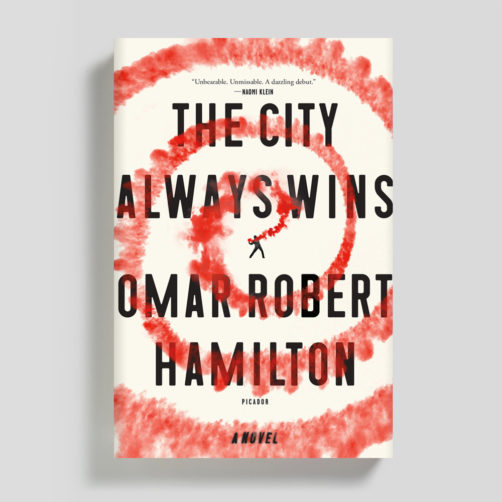
The City Always Wins by Omar Robert Hamilton
This debut novel captures the experience of the Egyptian revolution like no news report could as it transports us to the front lines of the 2011 uprising. From the communal highs of night battles against the police to the solitary lows of post-revolutionary exile, this bold story cuts to the psychological heart of a key moment in history. Intensely lyrical, uncompromisingly political, and brutal in its poetry, this is a book about a national movement with global implications.
Intensely lyrical, uncompromisingly political, and brutal in its poetry, this is a book about a national movement with global implications.
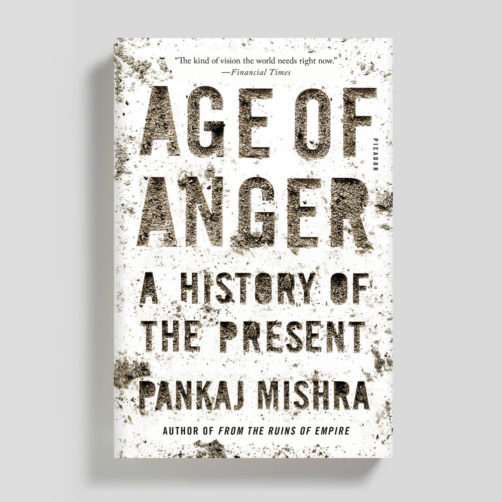
Age of Anger by Pankaj Mishra
In a political moment when many are asking how we got here, Age of Anger offers answers rooted in a rigorous examination of the past. How do we explain the origins of the great wave of paranoid hatred that overwhelms our society—from American shooters and ISIS to Donald Trump, from a rise in vengeful nationalism across the world to racism on social media? Mishra responds to our bewilderment by reaching back to the eighteenth century and then leading us into the present. This is a book of immense urgency that offers a history of our present predicament.
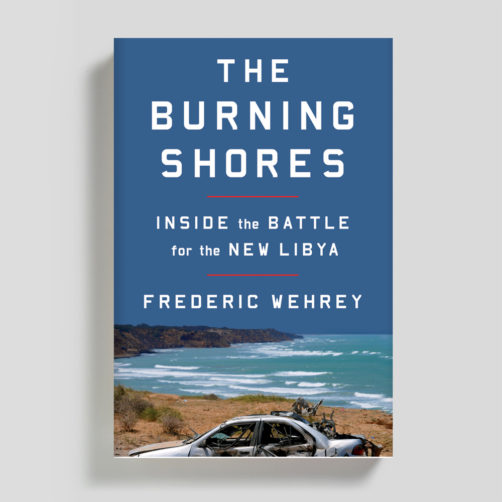
The Burning Shores by Frederic Wehrey
Wehrey crafts a riveting account of Libya post-Qadhafi, after his forty-two years of despotic rule. While Qadhafi’s death sparked hopes for a new era, the actual aftermath was rife with bitter rivalries and civil war, paving the way for the Islamic State and a catastrophic migrant crisis. In a gripping narrative that blends frontline reporting, analysis, and history, Wehrey tells the story of what went wrong.
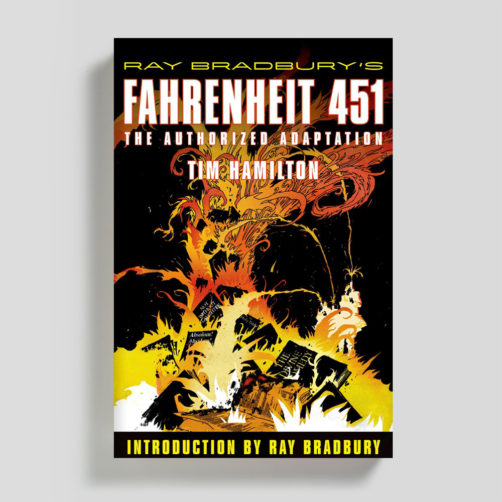
Ray Bradbury’s Fahrenheit 451 Graphic Novel Adaptation by Tim Hamilton
Through Tim Hamilton’s stunning graphic adaptation of Bradbury’s timeless dystopian novel, we return to the world of Guy Montag, a career fireman who exists in a tightly monitored world where thinking is dangerous and books are forbidden. Hamilton translates the frightening masterpiece into a striking work of art that captures Montag’s awakening to the evil of government-controlled thought. Including an original foreword by Bradbury, this visual reimagining breathes new life into an increasingly relevant work of literature.
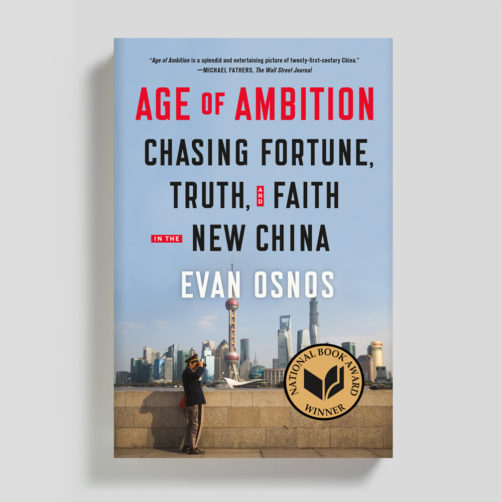
Age of Ambition by Evan Osnos
Pulitzer Prize finalist and National Book Award winner Evan Osnos brings us a vibrant and revelatory inner history of China during a moment of transformation. Osnos was on the ground in China for years as the Beijing correspondent for The New Yorker and witnessed profound political and cultural upheaval. This book charts the clash between the rise of the individual and the Communist Party’s struggle to retain control, following the moving stories of everyday people remaking their lives as their country changes dramatically.
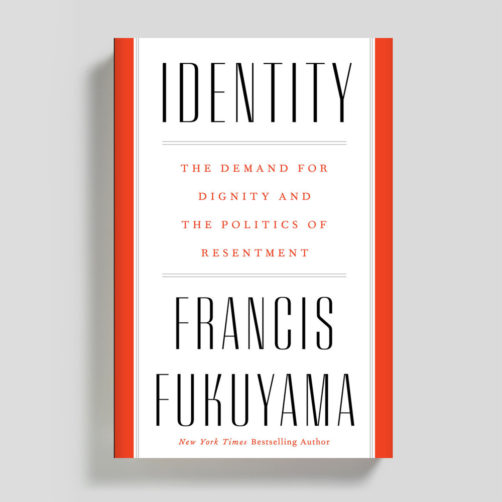
Identity by Francis Fukuyama
The New York Times bestselling author offers a provocative look at modern identity politics. In 2014, Fukuyama wrote that American institutions were in decay as the state was captured by powerful interest groups. Two years later, his predictions played out with the rise to power of political outsiders whose authoritarian tendencies threatened to destabilize the international order. A demand for a recognition of identity threads through much of world politics today. In Identity, Fukuyama warns that unless we forge a universal understanding of human dignity and shape identities in support of democracy, we will be doomed to continuing conflict.
A demand for a recognition of identity threads through much of world politics today.
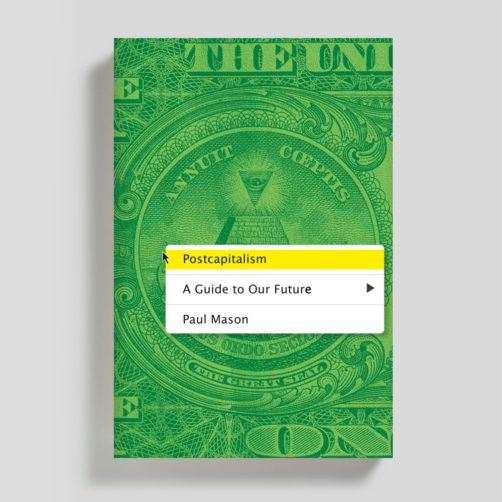
Postcapitalism by Paul Mason
Paul Mason argues that we are on the brink of a new form of capitalism—a change at the heart of which lies the information technology that shapes how vast numbers of people live and behave. In bold and prophetic prose, Mason shows that we can create a more socially just and sustainable economy from the ashes of crisis, and that although the dangers ahead are profound, there is still hope for the future. Financial Times wrote that Mason’s thesis “deserves a wide readership among right and left alike . . . Politicians of all stripes should take note. And so should the people who vote for them.”
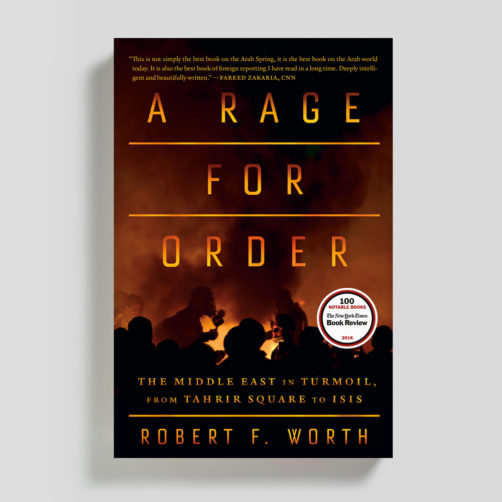
A Rage for Order by Robert F. Worth
A Rage for Order tracks the tormented legacy of what was once called the Arab Spring. Distinguished New York Times correspondent Robert F. Worth introduces a riveting cast of characters—from a Libyan rebel who must decide whether to kill the torturer who murdered his brother to a Yemeni farmer who lives in servitude to a dungeon-operating chieftain. Melding dramatic storytelling with an original analysis of the Arab world today, this book explains how the dream of an Arab renaissance gave way to a new age of discord. Fareed Zakaria raved, “This is not simply the best book on the Arab spring, it is the best book on the Arab world today.”
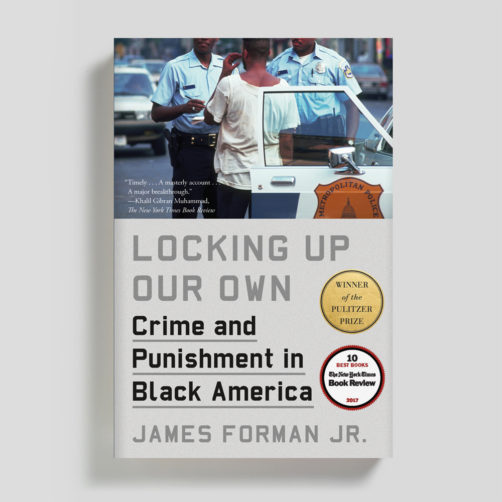
Locking Up Our Own by James Forman Jr.
James Forman Jr.’s masterful investigation of America’s criminal justice system seeks to understand how and why many African-American leaders in the nation’s urban centers embraced 1970s tough-on-crime measures that ultimately had devastating consequences for poor black neighborhoods. Riveting and compassionate, Forman’s work is an essential contribution to the increasingly urgent debate over race and incarceration in the United States. Winner of the 2018 Pulitzer Prize in nonfiction, the book was described by the prize’s judges as “An examination of the historical roots of contemporary criminal justice in the U.S., based on vast experience and deep knowledge of the legal system, and its often-devastating consequences for citizens and communities of color.”
Riveting and compassionate, Forman’s work is an essential contribution to the increasingly urgent debate over race and incarceration in the United States.
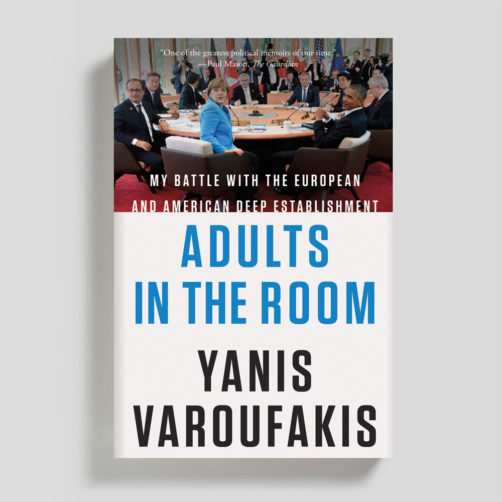
Adults in the Room by Yanis Varoufakis
Renowned economist and Greece’s former finance minister Yanis Varoufakis gives the full, blistering account of his momentous clash with the mightiest economic and political forces on earth. This unvarnished memoir offers an urgent warning and glaring look at how the economic policies once embraced by the European Union and the White House have failed, spawning authoritarianism, populist revolt, and instability throughout the Western world.
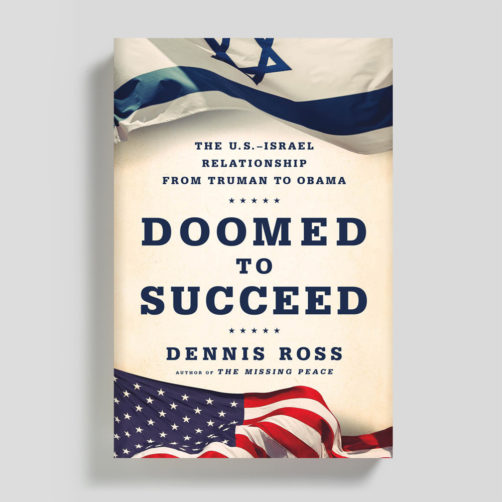
Doomed to Succeed by Dennis Ross
A book that is timelier than ever, Dennis Ross tells the story of America’s changing relationship with Israel. Ross has been a direct participant in shaping U.S. policy toward the Middle East—and Israel specifically—for nearly thirty years and served as Bill Clinton’s envoy for Arab-Israeli peace. He brings his insight to understanding the priorities of Arab leaders and how future administrations might best shape U.S. policy.
